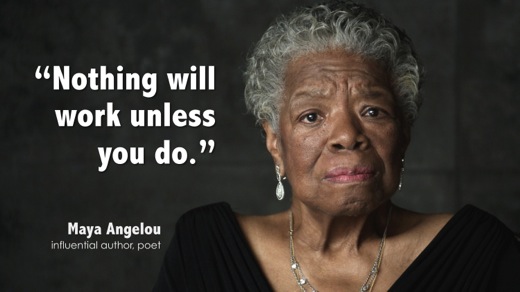ARTICLES – THAT TICKLE IN YOUR THROAT
What on earth is an article? Well – it is a type of Adjective , it modifies a noun – telling us a little more about it!
In English, we only have three articles: the, a, and an, whereas in German there are four, which are declined ( all the ways nouns can change their form to reflect their role in the sentence: subject, object, etc. ) according to number, case, and gender!!!! There are no definite or indefinite articles in the Russian language (such as the, a, an in English). The sense of a noun is determined from the context in which it appears
Articles are used in specific instances in English.
If indefinite articles are a proverbial pain in the butt, the wonderful news is that you don't need a lot of grammatical jargon to understand how to use these little words. All you need are ears, a brain and a tongue... OH - and a cup of coffee!
In English, a and an are indefinite articles, which means that they don't refer to anything specific. We use them before singular nouns! We also place them before an adjective modifying a singular noun.
I would like a pear.
In the sentence above we find the article "a." It shows us that the speaker does not want a specific pear He can have any pear.
I would like an orange.
In the sentence above we find the article "an". It shows us that the speaker does not need a specific orange.He can have any orange.
Which one should I use?!!!!!!!!!!!!
Well, let’s see. It's about listening to the SOUND OF THE FIRST LETTER OF THE WORD AFTER THE ARTICLE. The guideline for indefinite article usage is as follows:
We will always use a before nouns (or adjectives) that start with a consonant sound.
We will always use an before nouns (or adjectives) that start with a vowel sound.
Let’s take a look at some examples:
May I have a cup of coffee?
(The noun cup starts with a consonant sound, so a must be used.)
(The noun cup starts with a consonant sound, so a must be used.)
May I have a hot cup of coffee?
(Now we have the word – hot in front of coffee, BUT BUT BUT hot still starts with a consonant sound, so we use ‘’a’’ .)
(Now we have the word – hot in front of coffee, BUT BUT BUT hot still starts with a consonant sound, so we use ‘’a’’ .)
That's an orange sheep!
(The word after the article is ‘’orange’’ and that word starts with a vowel sound – so we use the indefinite article ‘’an’’.)
Read the sentence aloud and listen to the sound of the letter ‘’o’’ in orange – it is a vowel sound ( VOWELS = AEIOU.) So we now know – it is always about the sound they make (a consonant or a vowel, of course! ).
Lets take a look at another example:
I have a lesson in an hour!
Wait... but ‘’hour’’ starts with a consonant! Why have we used ‘’an’’?
Well- read it aloud!
‘’hour’’ has a silent letter ‘’h’’ – so we hear a vowel sound! ( It is always about the SOUND of the preceding word.)
Regardless of whether the first letter is actually a consonant, we must use an. ( IT IS ALL ABOUT THE SOUND OF THE WORD AFTER THE ARTICLE!)

How about this example:
A University.
Wait! That is a vowel and you used ‘’a’ before the word, ‘’University.’’
Well – read it aloud!
‘’University’’ starts with a CONSONANT sound – YOO- NEE- VER- CITY. ( It is always about the SOUND of the preceding word.)
Regardless of whether the first letter is actually a vowel, we must use a. ( IT IS ALL ABOUT THE SOUND OF THE WORD AFTER THE ARTICLE!)
Some more crazy examples:
A university (Alas! The yoo sound made by a vowel in this word! )
A European (again we can clearly hear the y sound.)

The definite article (the)
There is only one definite article in the English language, PHEW! This means we do not have to worry too much about listening to the sound of the preceding word!
The is used in front of singular or plural nouns and adjectives to refer to something with which both the speaker/writer and listener/reader are familiar.
"Definite" means "clear, obvious, known to both speakers."
The definite article tells us that the noun is specific. The speaker talks about a particular (or known) thing.
If you introduce a word with a or an, you may use the anytime AFTER that, because the introduction has made both the speaker and the listener/ reader familiar with the word.
Let’s take a look at an example:
I bought a scooter last year. I rode the scooter when I arrived home and decided to park the scooter when I was finished.
After the first sentence – you are now familiar with the scooter – you know about it, that I bought it – so we can then use the indefinite articles after that.






